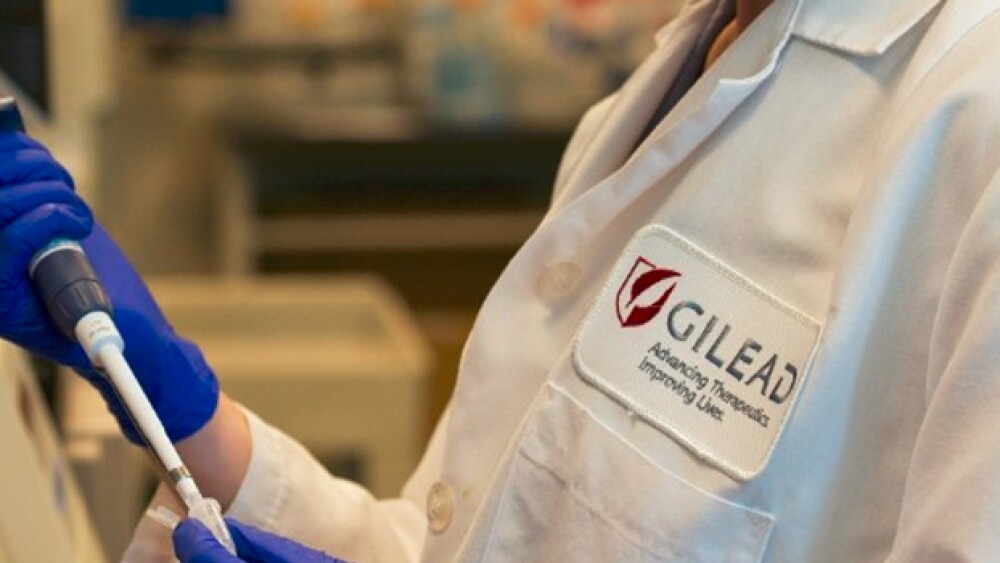The FDA approved Gilead’s triple combination treatment for HIV, Biktarvy.
The U.S. Food and Drug Administration (FDA) approved Gilead Sciences’s triple combination treatment for HIV, Biktarvy.
Biktarvy is made up of bictegravir 50mg/emtricitabine 200mg/tenofovir alafenamide 25mg, or BIC/FTC/TAF. It is taken once a day. It is indicated as a complete regimen to treat HIV-1 in adults who haven’t been treated with antiretrovirals or to replace the current antiretroviral regimen in patients who are virologically suppressed on a stable antiretroviral regimen for at least three months.
The drug comes with a Boxed Warning because it may exacerbate hepatitis B.
“In clinical trials through 48 weeks, no patients taking the regimen of bictegravir plus FTC/TAF developed treatment-emergent resistance, results that were observed both in people new to therapy and those who were virologically suppressed and chose to switch regimens,” said Paul Sax, clinical director of the Division of Infectious Diseases at Brigham and Women’s Hospital, the lead clinical trial investigator, in a statement. “In addition, the clinical data show that the regimen’s antiviral efficacy, tolerability profile and limited drug interactions offer an effective new treatment option for a range of people living with HIV.”
Emtricitabine and tenofovir alafenamide are standard HIV treatments. The addition of bictegravir is the new element.
Business Insider writes, “In November, the FDA approved a rival treatment that uses two drugs in one pill: dolutegravir with rilpivirine. ‘Limiting the number of drugs in any HIV treatment regimen can help reduce toxicity for these patients,” Dr. Debra Birnkrant, director of the division of antiviral products at the FDA said in a press release.” That drug is GlaxoSmithKline’s Juluca.
The news is good for Gilead. Long dominant in hepatitis C (HCV), the company’s HCV franchise is slowing, a victim of its own success—its drugs essentially cure the disease. It is also being nibbled to death by competitors. Although, it has been noted that in the U.S., new HCV infections are on the increase, tripling over the last five years. About 34,000 Americans are infected with HCV each year, but are often undiagnosed. Seeking Alpha notes, “With more efforts to screen people for the disease, it is likely that the majority of those 34,000 infections a year could be noticed and treated. This would be a positive for the U.S. as a whole (since less lives are lost and since treatment of infections prevents the disease from spreading further), and it could be a positive for Gilead: 34,000 infections a year would result in about $1.4 billion in additional annual sales for Gilead and its peers (at an estimated price of $40,000 per patients).”
Despite that optimistic viewpoint, total sales for its HCV products were down 54 percent year over year, hitting $1.496 billion in the fourth quarter, down from $3.229 billion in the same period in 2016. HIV and hepatitis B (HBV), however, were up about 10 percent year over year.
The HIV business brought in $3.7 billion in fourth-quarter sales, and is expected to keep growing.
Seeking Alpha writes, “During its Q4 earnings release, Gilead also announced that it would likely gross between $20 billion and $21 billion in total sales in 2018. This indicates another significant decline over 2017’s $26.1 billion in sales, but keep in mind that Gilead’s management has a history of being very conservative when guiding for future revenues.”





